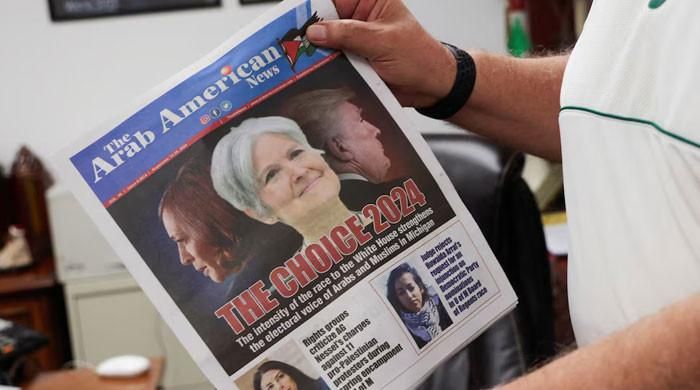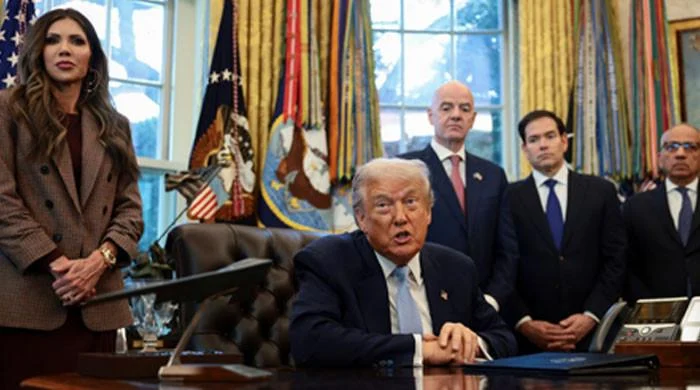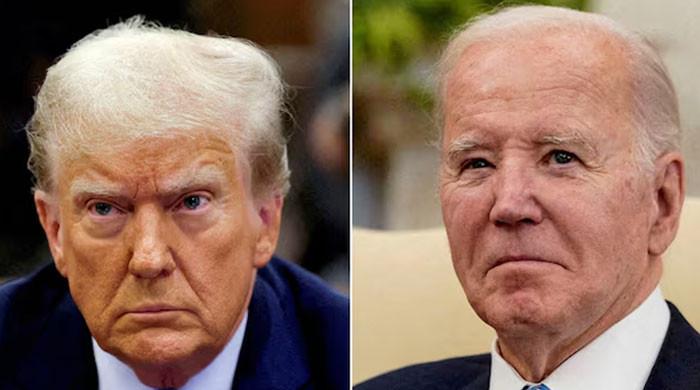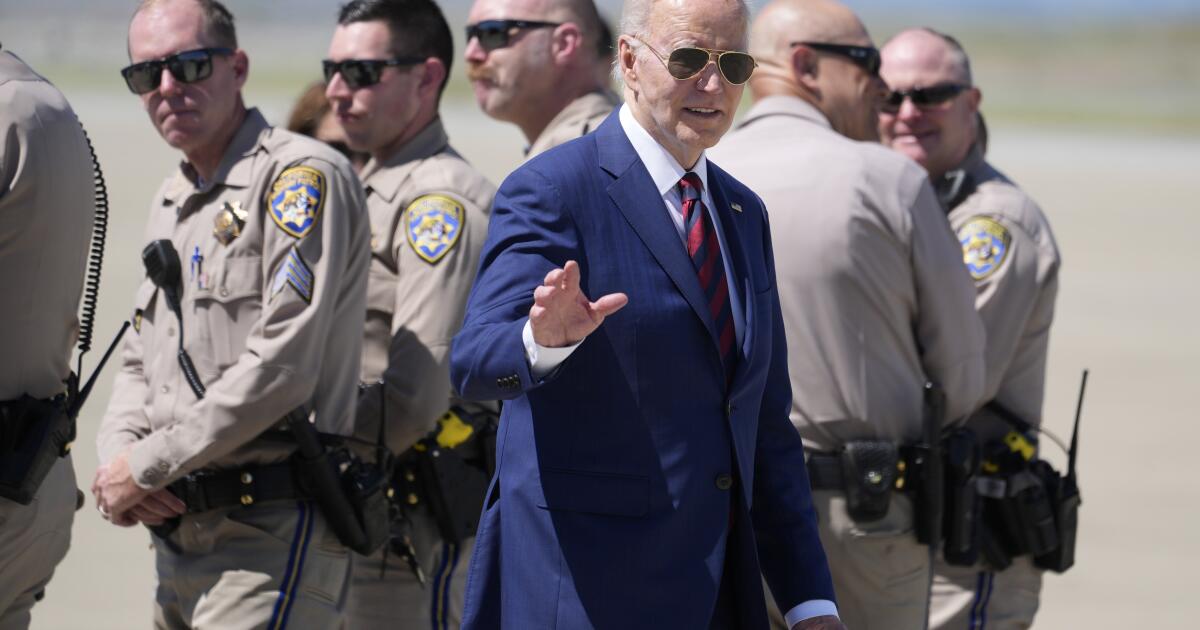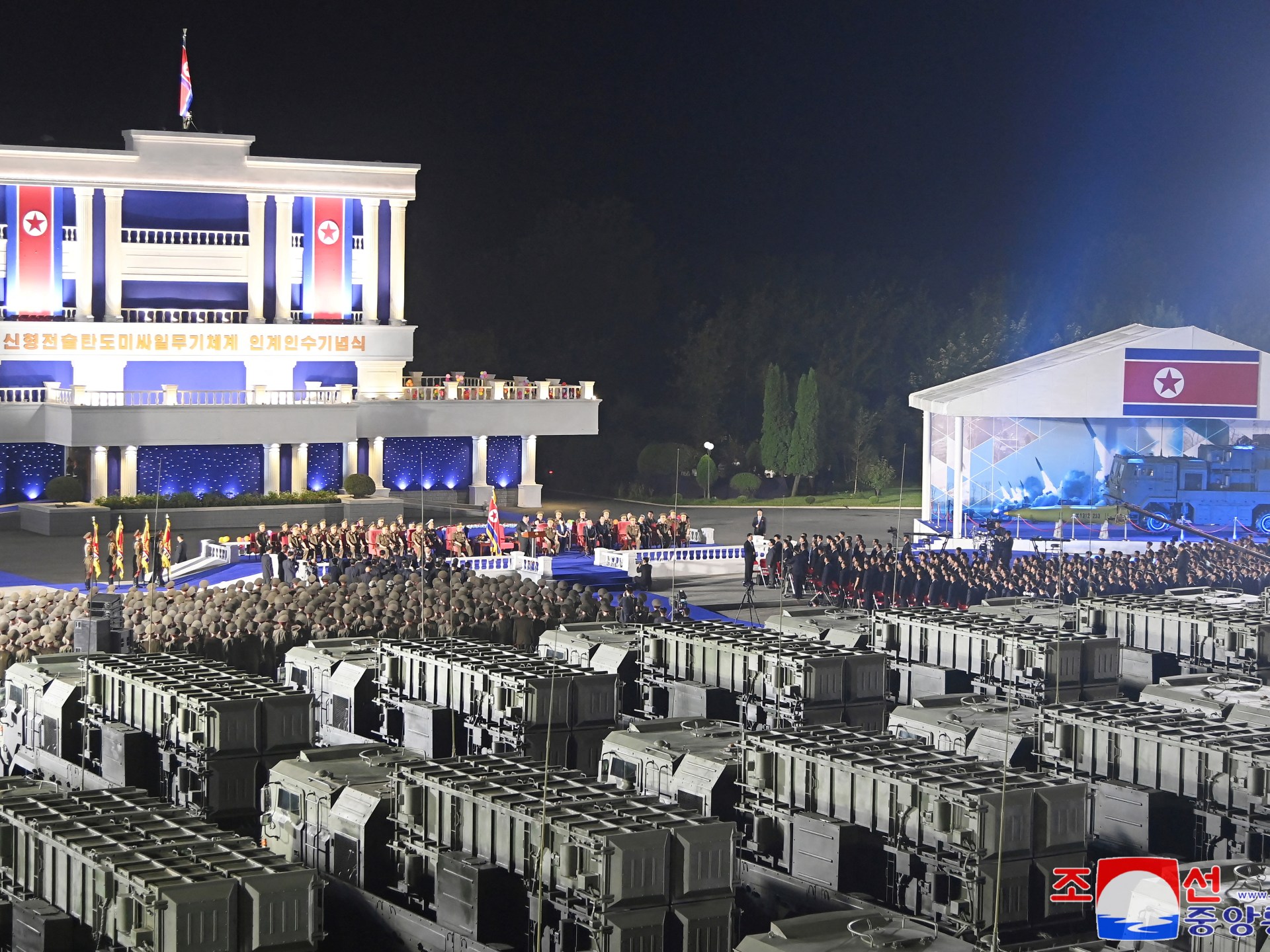Some Arab American and Muslim voters angry over U.S. support for Israel's Gaza offensive are rejecting Democratic Vice President Kamala Harris in the presidential race to back third-party candidate Jill Stein.
According ReutersThe American Muslim vote for Stein has recently surged in numbers that could deny Harris victories in the battleground states that will decide the Nov. 5 election.
A poll conducted in late August by the advocacy group Council on American-Islamic Relations (CAIR) showed that in Michigan, home to a large Arab-American community, 40% of Muslim voters backed Stein of the Green Party. Republican candidate Donald Trump got 18%, followed by Harris at 12%.
The poll, conducted by text message more than two weeks before the Sept. 10 Harris-Trump debate, showed Harris leading Trump 29.4% to 11.2%, with 34% favoring third-party candidates, including Stein at 29.1%.
Harris was the top choice of Muslim voters in Georgia and Pennsylvania, while Trump won Nevada with 27%, just ahead of Harris's 26%, according to CAIR's survey of 1,155 Muslim voters nationwide. All are battleground states that have swung by narrow margins in recent elections.
The Green Party is on most state ballots, including all the swing states that could decide the election except Georgia and Nevada, where the party is suing to be included.
Stein also leads Harris among Muslims in Arizona and Wisconsin, battleground states with sizable Muslim populations where Biden narrowly defeated Trump in 2020.
Biden won the Muslim vote in 2020, with support ranging from 64% to 84% according to various exit polls, but Muslim support for Democrats has fallen sharply since Israel's nearly year-long action in Gaza.
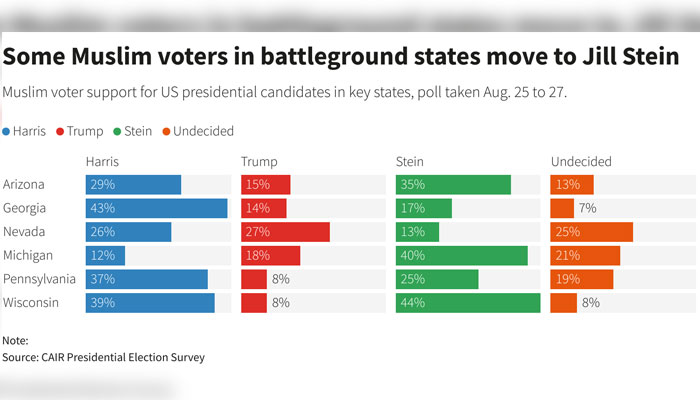
The National Uncompromised Movement said Thursday it would not endorse Harris even though she opposes Trump and would not recommend a third-party vote. It said Trump would accelerate the killing in Gaza if re-elected, but Harris had not responded to its request to meet with Palestinian Americans who lost loved ones in Gaza and had not agreed to discuss suspending arms shipments to Israel.
A campaign spokesman said Harris was committed to winning every vote and uniting the country, while continuing to work to end the war in Gaza. The campaign previously declined to comment on the changing dynamic; officials in charge of Muslim outreach were not available for interviews.
The Uncommitted movement rallied more than 750,000 voters to cast uncommitted ballots in the Democratic nominating election earlier this year to protest Biden's policy of supporting Israel's war. Biden dropped out of the race in July and endorsed Harris, who then launched her campaign.
Harris has gone further than other Biden administration officials in expressing sympathy for the Palestinians and has strongly criticized Israel’s conduct while adhering to Biden administration policy, disappointing Arab American and Muslim voters.
In the 2020 census, the first year such data was recorded, some 3.5 million Americans reported being of Middle Eastern descent. Though they make up about 1% of the total U.S. population of 335 million, their voters could prove crucial in a race in which opinion polls show Harris and Trump are tied.
Earlier this week, Harris called for an end to the Israel-Gaza war and the return of hostages held by Hamas in Gaza. She also said Israel should not reoccupy the Palestinian enclave and backed a two-state solution.
But in closed-door meetings in Michigan and elsewhere, Harris campaign officials have rejected calls to halt or limit U.S. arms shipments to Israel, community leaders say.
“Decades of community organizing, civic engagement and mobilization have not translated into any benefits,” said Faye Nemer, founder of the Michigan-based MENA American Chamber of Commerce, which promotes U.S. trade with the Middle East.
“We are part of the fabric of this country, but our concerns are not taken into account,” he said.
Stein is campaigning aggressively on Gaza, while Trump's surrogates are meeting with Muslim groups and promising a quicker peace than Harris can deliver.
Stein's 2016 campaign ended with just over 1% of the popular vote, but some Democrats blamed her and the Green Party for taking votes away from Democrat Hillary Clinton. Pollsters give Stein no chance of winning in 2024.
But her support for a permanent ceasefire in Gaza, an immediate US arms embargo on Israel and student movements to force universities to divest from weapons have made her popular in pro-Palestinian circles. Her running mate, Butch Ware, a professor at the University of California at Santa Barbara, is a Muslim.
This month, Stein spoke at ArabCon in Dearborn, Michigan, an annual gathering of Arab Americans, and appeared on the front page of The Arab American News under the headline “The 2024 Election.” Last week, in an interview with The Breakfast Club, a New York radio show, she said, “Every vote cast for our campaign is a vote against genocide,” an allegation Israel denies.
Trump vies for Arab American votes
At the same time, Trump's team has organized dozens of in-person and virtual events with Arab Americans and Muslims in Michigan and Arizona, said Richard Grenell, Trump's former acting director of national intelligence.
“Arab American leaders in Detroit know that now is the time to send a strong message to the Democratic Party that they should not be taken for granted,” Grenell said. Trump has said he will pursue further peace deals between Arabs and Israelis.
Biden defeated Trump in 2020 by just a few thousand votes in some states, thanks in part to support from Arab and Muslim voters in states where they are concentrated, including Georgia, Michigan, Pennsylvania and Wisconsin.
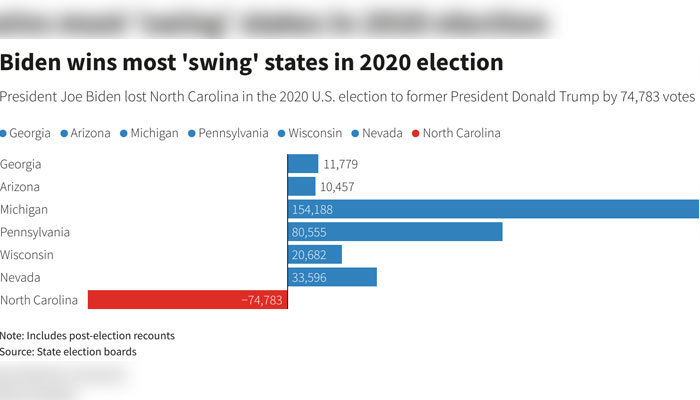
Biden won Michigan by 154,000 votes in 2020, but Trump defeated Democrat Hillary Clinton there by fewer than 11,000 votes in 2016. The state is home to overlapping groups of more than 200,000 registered voters who are Muslim and 300,000 who claim Middle Eastern and North African ancestry.
In Philadelphia, which has a large Black Muslim population, activists have joined the national “Dump Harris” campaign and helped organize protests during her debate with Trump last week.
Rabiul Chowdhury, co-president of CAIR in Philadelphia, said: “We have options. If Trump promises to end the war and bring all the hostages home, it’s game over for Harris.” Trump has said the war would never have broken out if he were president. It’s not clear how he would end it. Trump is a staunch supporter of Israel.

